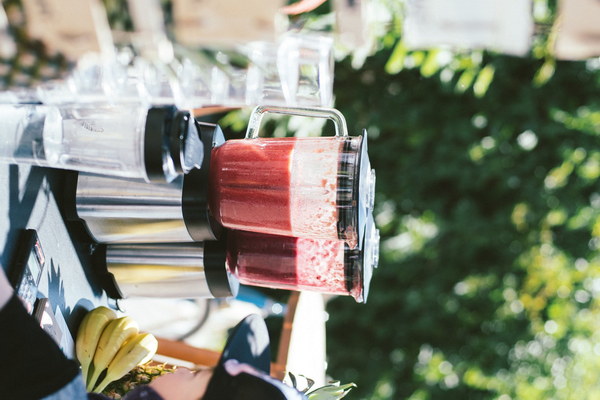The Hidden Dangers of Packaged Herbal Teas Unveiling the Risks and What You Need to Know
In recent years, the popularity of packaged herbal teas has soared as consumers seek natural and healthy alternatives to traditional beverages. However, while these teas are often marketed as a path to wellness, they may come with a host of hidden dangers that can undermine their supposed health benefits. This article delves into the potential harm associated with packaged herbal teas, shedding light on the risks and offering valuable insights for consumers.
1. Chemical Additives and Pesticides
Packaged herbal teas are not always as pure as they are advertised. Many brands use chemical additives to enhance flavor, color, and shelf life. These synthetic ingredients can disrupt the body's natural balance and potentially lead to adverse health effects. Additionally, some teas may contain traces of pesticides, which are used to protect crops from pests and diseases but can be harmful when consumed.
2. Contaminated Water Used in Production
The quality of the water used in the production of herbal teas is crucial. Unfortunately, some manufacturers may use tap water that has not been properly treated or filtered. This can lead to contamination with heavy metals, bacteria, and other harmful substances, which can be ingested when the tea is consumed.
3. Overdosing on Active Ingredients
Herbal teas are often rich in active compounds that have medicinal properties. However, when these compounds are concentrated in packaged form, it's easy to overdo it. Consumers may unknowingly ingest excessive amounts of these active ingredients, which can lead to side effects such as allergic reactions, liver damage, or even toxicity in some cases.

4. Lack of Label Transparency
Many consumers rely on packaging labels to make informed decisions about the products they purchase. However, some brands may not provide clear and accurate information about the ingredients used, including the concentration of active compounds. This lack of transparency can make it difficult for consumers to assess the safety and efficacy of the tea they are drinking.
5. Artificial Flavors and Preservatives
To maintain the appealing taste and appearance of herbal teas, manufacturers often add artificial flavors and preservatives. These synthetic substances can have negative health implications, including contributing to chronic diseases and allergies.
6. Allergic Reactions and Sensitivities
Some individuals may be allergic to certain herbs used in herbal teas. Without proper labeling, consumers with allergies or sensitivities may inadvertently consume a tea that could cause an adverse reaction, ranging from mild discomfort to severe allergic shock.
7. Misinformation and Mislabeling
In some cases, herbal teas may be mislabeled or contain ingredients that are not disclosed on the packaging. This can lead to consumers unknowingly taking teas that may not be suitable for their health conditions or dietary restrictions.
Conclusion
While herbal teas can offer a refreshing and potentially healthy alternative to other beverages, it's important to be aware of the potential dangers associated with packaged herbal teas. Consumers should prioritize purchasing from reputable brands that prioritize quality and transparency. Additionally, it's wise to consult with healthcare professionals before incorporating herbal teas into a daily routine, especially for those with existing health conditions or allergies.
By understanding the risks and taking proactive measures, consumers can make informed decisions about their herbal tea consumption and enjoy the benefits of these natural beverages without the hidden pitfalls.









